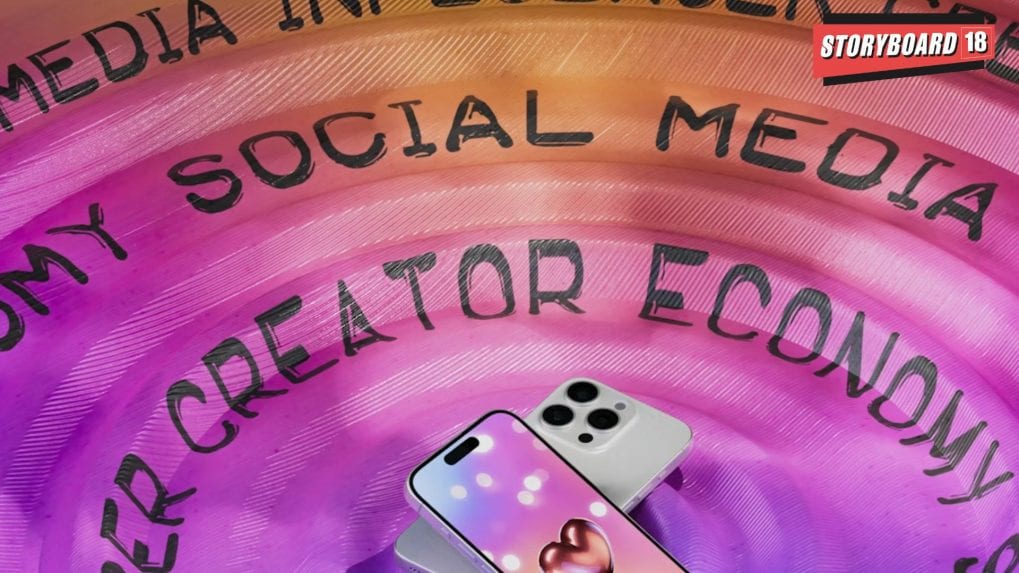Advertising
From Pink Slips to Silent Sidelining: Inside adland’s layoff and anxiety crisis

Influencer marketing agencies are facing mounting financial stress due to persistent delays in payments from large corporate clients. According to industry executives, some of the biggest consumer brands have failed to clear dues for over a year, causing ripple effects throughout the influencer ecosystem. Multiple agency heads, speaking on condition of anonymity, described a system bogged down by third-party audits, cumbersome workflows and lack of transparency.
“Multiple agencies are going through the same difficulty,” one agency head said. Despite longstanding relationships with established media buying firms, many marketers continue to outsource their digital and influencer mandates. However, even when campaigns are executed successfully, the subsequent payment process is anything but straightforward. Even one of the country’s most prominent consumer goods companies has found itself at the center of growing complaints over delayed payments.
Once a release order, outlining content usage terms and influencer permissions, is approved, agencies launch the campaign. Post-execution, a global audit firm steps in to vet the campaign. Agencies report a pattern of recurring audits every two weeks, each time flagging only a few issues. “Every 15 days, we get this portal opening... They keep highlighting two to three issues which prolong for six to eight months,” one agency leader noted.
Only after this approval does the next step begin - barcode creation and records processing through a document management firm, which is also contracted by the brand. From that point, the official payment cycle of 90 days is triggered. But agencies say that this process is regularly delayed far beyond that timeline. “There is a huge pressure on the entire ecosystem of influencers because none of them have been paid, which even extends for one year,” another executive said.
This uncertainty has led to strained relationships with creators, some of whom refuse new assignments until outstanding dues are cleared. “Pay me for the previous campaign. Post that, I will proceed ahead with creating content for another,” influencers have told agencies.
While government mandates stipulate that payments to small businesses must be completed within 45 days, agencies say real-world contracts often override these protections. “Even if the agency is an MSME... there is not much that can be done because of the agreement signed,” explained another industry leader.
Some agency executives allege that the delay isn’t always from the brand directly. Larger intermediary agencies, they claim, often hold the payment for 90 to 120 days to gain from interest accruals. “If you look at that balance sheet, there is something called ‘Earnings from Interest’... If the payment is not received on time to the agency, either influencer payments get delayed, or the agency takes a hit on their working capital,” said one co-founder of a creator networking platform.
Payment defaults are not confined to legacy brands. Even younger startups promising personalized products have been accused of failing to compensate creators after campaign delivery.
The financial squeeze is particularly severe for smaller and mid-sized agencies working on slim profit margins - sometimes as low as 6 to 8 percent. For such firms, delayed payments can mean losses. “Nobody pays 10 percent in this business,” an executive pointed out, despite that being the sustainable margin for firms with overheads, salaries, and credit interest to manage.
Some marketers defend the post-campaign payment model, arguing that past experiences with unreliable creators - those who missed deadlines or dropped out after signing - led to more cautious payment policies. Others say some agencies inflate markups excessively, leading to distrust and strained brand relationships.
Larger agencies often negotiate discounted creator rates through bulk deals, which smaller agencies cannot match. For example, one executive noted that a creator's rate might vary from ₹10 lakh to ₹12 lakh depending on whether a direct contract or bulk deal is used.
Today’s creators are also adapting. Many demand a 25–50 percent advance before scripting or publishing content, putting further strain on agencies waiting for brand payouts. “This is a vicious cycle happening where the agencies get blamed for delay in payments,” one executive said.
There is also increasing awareness among brands that engagement metrics can be misleading. Executives admit that high view counts are often driven by bots and that genuine engagement is more likely among creators in smaller cities. Creators, in turn, are seen commenting and collaborating across content to boost organic reach.
To address the payment gridlock, agencies recommend structural changes, including a single point of contact within brand organizations and clearer audit mandates. “They need to give a clear mandate that all audit issues be listed upfront so that we can close them within 15 days,” one agency head said.
From a creator's standpoint, formal contracts, documented communication and email confirmations are key. Some even recommend withholding content or archiving posts if payments are delayed. “That does impact the brand and is one of the tools to induce the brand to pay,” one agency CEO noted.
“Very few clients pay on time,” concluded a senior executive. “And it is usually the smaller clients that pay on time, not the bigger ones.”
From purpose-driven work and narrative-rich brand films to AI-enabled ideas and creator-led collaborations, the awards reflect the full spectrum of modern creativity.
Read MoreLooking ahead to the close of 2025 and into 2026, Sorrell sees technology platforms as the clear winners. He described them as “nation states in their own right”, with market capitalisations that exceed the GDPs of many countries.